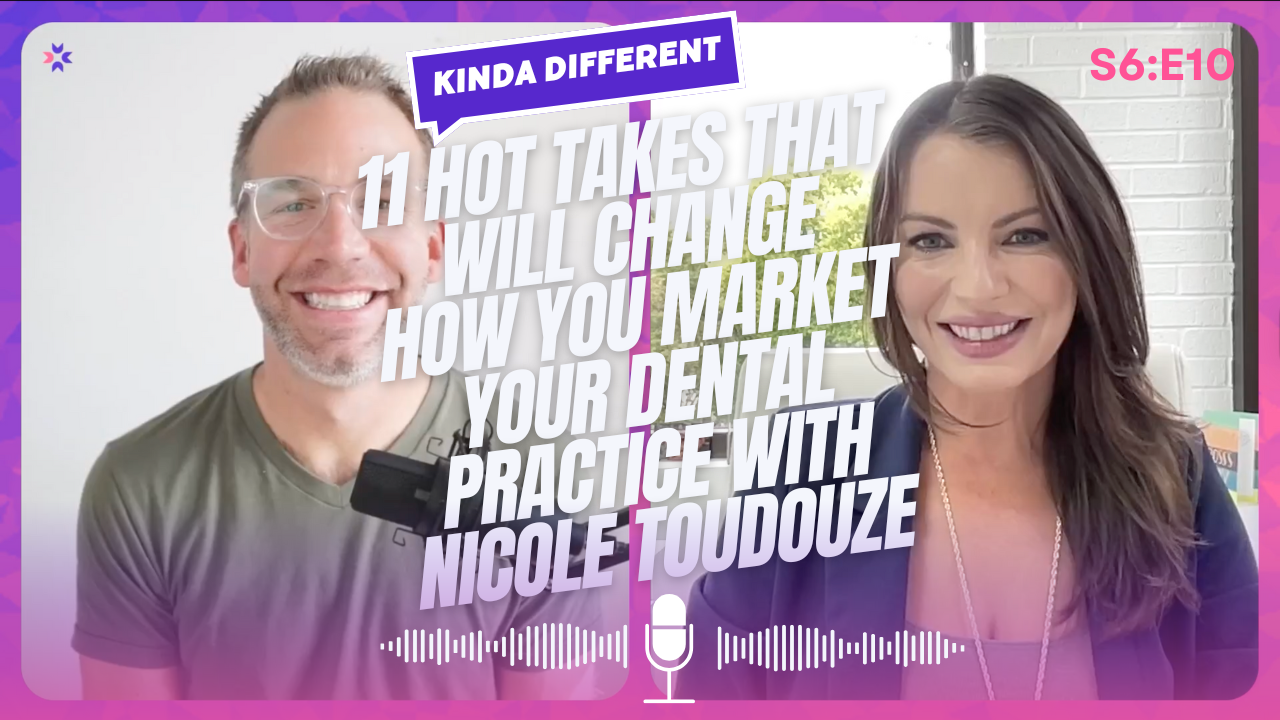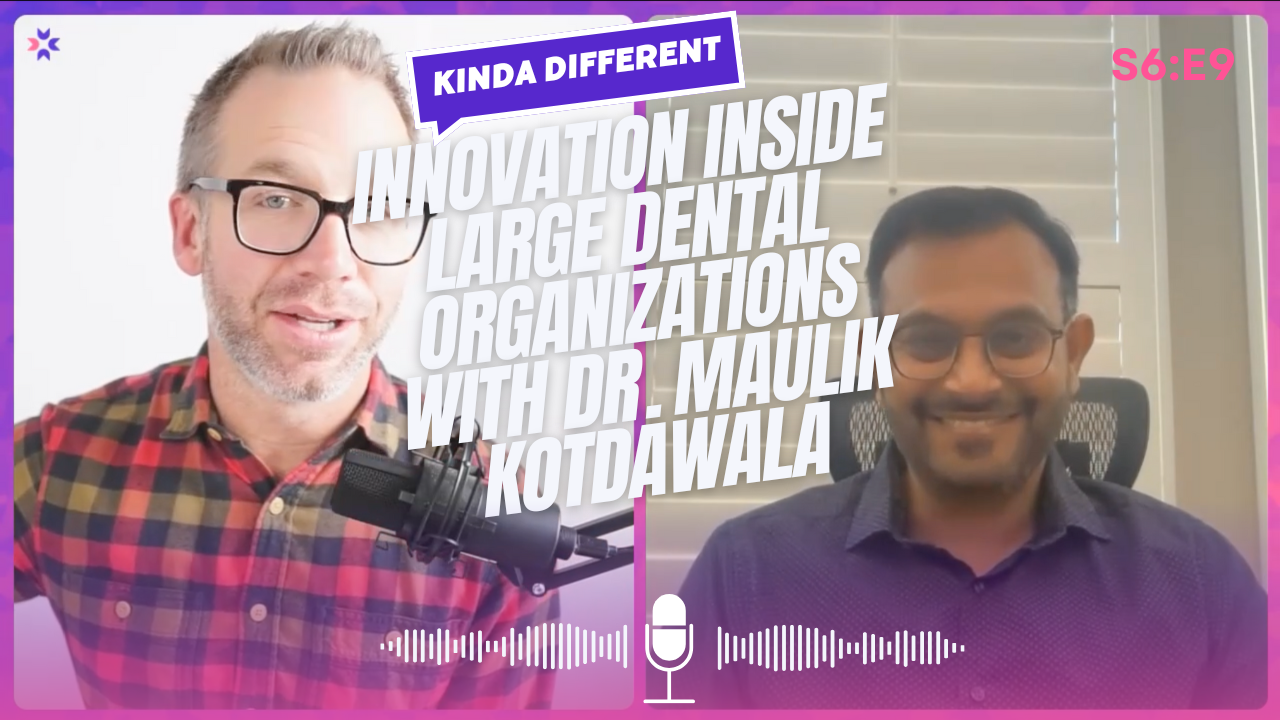When I’m invited to speak at conferences or to groups of dental professionals, I often begin my presentation with a question.
“Does empathy affect clinical outcomes?”
It’s always interesting to hear what people have to say. I was speaking to a group of dental students last week, and several reported that while clinician empathy was a ‘nice-to-have,’ it wasn’t necessary. In fact, one of the students asserted that you could have bad bedside manner along with lots of medical knowledge/expertise and still be a good doctor. However, while most people answer ‘yes’ to the above question, they have a hard time backing up their answer with evidence. Well, let’s take a look at the following studies:
Common Cold: In a randomized controlled trial of 719 participants, patients who rated their physician with a perfect empathy scored reported less severe common cold symptoms, as well as a shorter duration of those symptoms. Objective measures of the common cold (IL-8 and neutrophil counts) were also improved in patients who thought their physician was perfectly empathetic.
Diabetes: Correlation does not equal causation, but in this study of almost 900 patients, greater patient A1C control and lower LDL levels were associated with physicans with high empathy scores (compared with physicians with moderate or low empathy scores).
We could continue to list study after study that shows that, indeed, empathy does affect clinical outcomes. In fact, this systematic review states that,
empathy in the patient–physician communication in general practice is of unquestionable importance.
Lots of theories have been posited for why this is the case. In the same systematic review noted just above, several of the factors may include lowering of patient anxiety and distress and improving patient enablement. Or, perhaps as they found in this study, empathy leads to enhanced trust, which prevents the concealing of information that may be important for diagnostic reasons or behavioral adherence purposes. The true answer is probably some combination of lots of good reasons, but the end result is the same – healthier patients (and healthier and happier clinicians as well!).
Stepping back from this research, let's consider another question: if empathy is good for patient outcomes and experience, as well as clinician experience, how do you operationalize this fact? First, we need a starting point, a baseline measure of patient-reported clinician empathy. Empathy is a skill that can be learned, and to get better at it, we need to know where we’re starting from. Once we understand that baseline, we can employ a number of evidence-based, person-centered communication styles, skills, and strategies (e.g. motivational interviewing) that provide a framework for learning and improving empathetic communication. In my years of experience, I’ve seen groups implement small tweaks leading to big changes, not to mention big tweaks leading to transformed lives.
At DifferentKind, we’re here to help you along this journey. We want to empower you with the data and tools necessary to truly support healthier and happier patients. Reach out today to join us along the road to a more fulfilling dental experience!



